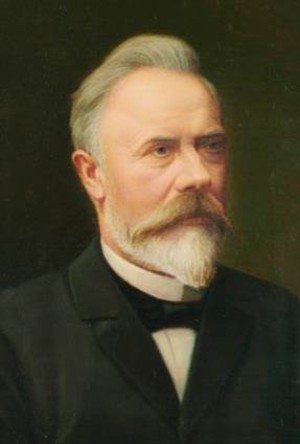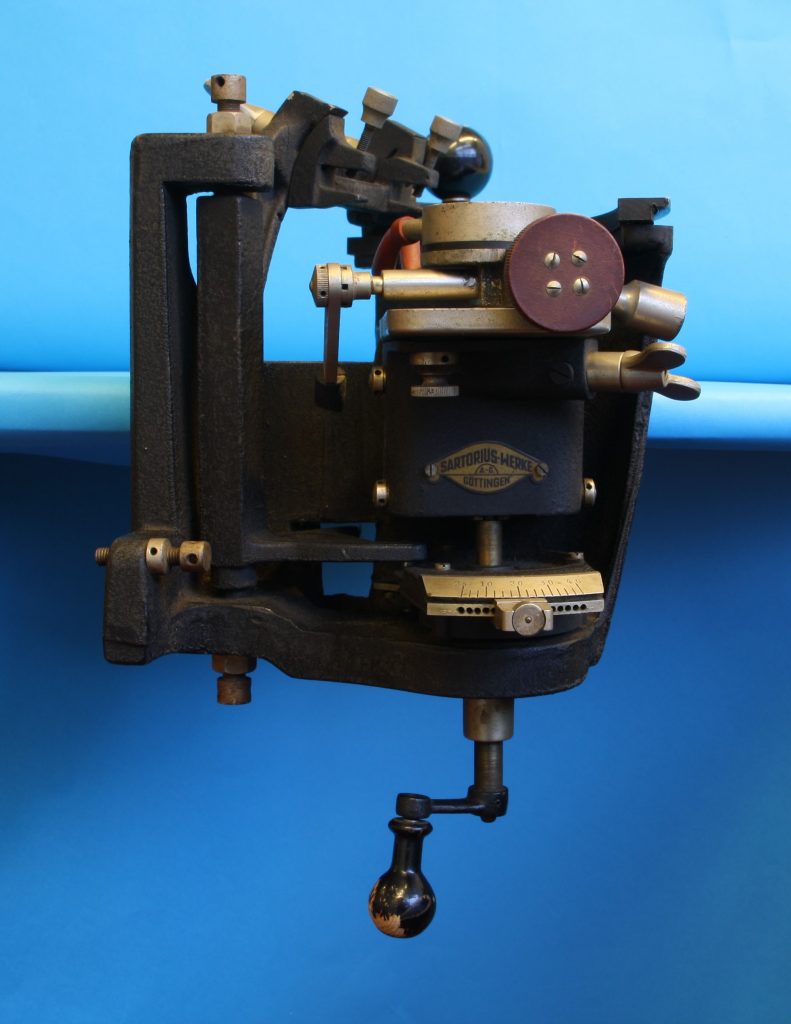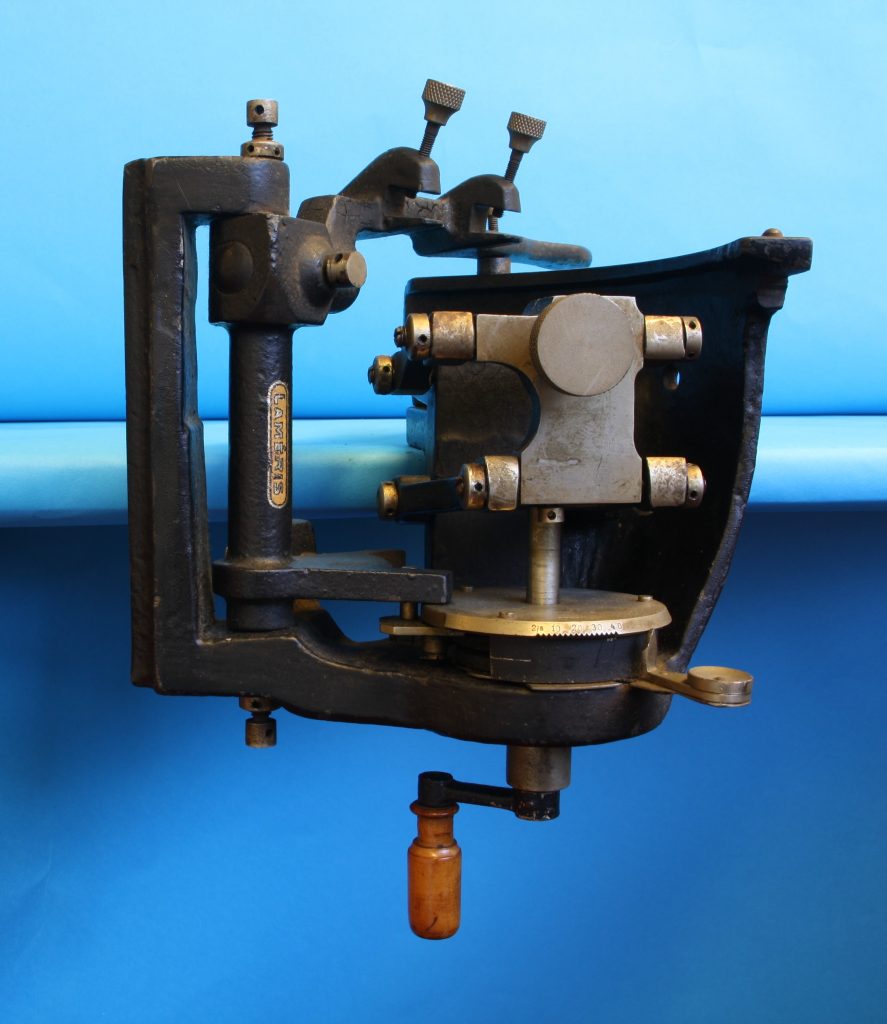
Florenz Sartorius (1846-1925)

In 1870, Florenz Sartorius, a mechanic who trained at Göttingen University, founded a company called “Feinmechanische Werkstatt F. Sartorius” and began producing analytical balances.
In 1906, three of his sons, Wilhelm (1872-1937), Erich (1876-1947), and Julius (1878-1918), joined the company. They bought 2 other companies, August Bekker (Göttingen) and Ludwig Tesdorpf (Stuttgart), thereby adding optical equipment including microscopes and telescopes and other products to their catalogue.
In 1914, they launched the company on the stock market. During the First World War the company produced military equipment. After the war, the company tried to return to their previous products lines, but it took until the mid-1930s before the company fully recovered.
Filtration, now a Sartorius staple product, was added to the business in 1916 when Richard Zsigmondy (who won a Nobel prize) and Wilhelm Bachmann invented and patented the membrane filter. Company activity in separation technology was further expanded by the invention of the cold ultra-filter in 1922.
After the death of Florenz Sartorius in 1925, control of the company passed to his 2 remaining sons, Wilhelm (commercial director) and Erich (technical director). Wilhelm’s death left Erich in control of the company until 1947 when he died. Control passed to his son, Horst.
The outbreak of World War II meant that the company had to produce military equipment for the Air Force. Horst Sartorius undertook the recovery of the company, continuing the development of new types and balances and separation techniques.
Sartorius has since grown into a leading multinational company, and it is impossible to imagine the biomedical industry today without them.

Swinging microtome
SARTORIUS
1900-1930

Swinging microtome
SARTORIUS
1900-1930